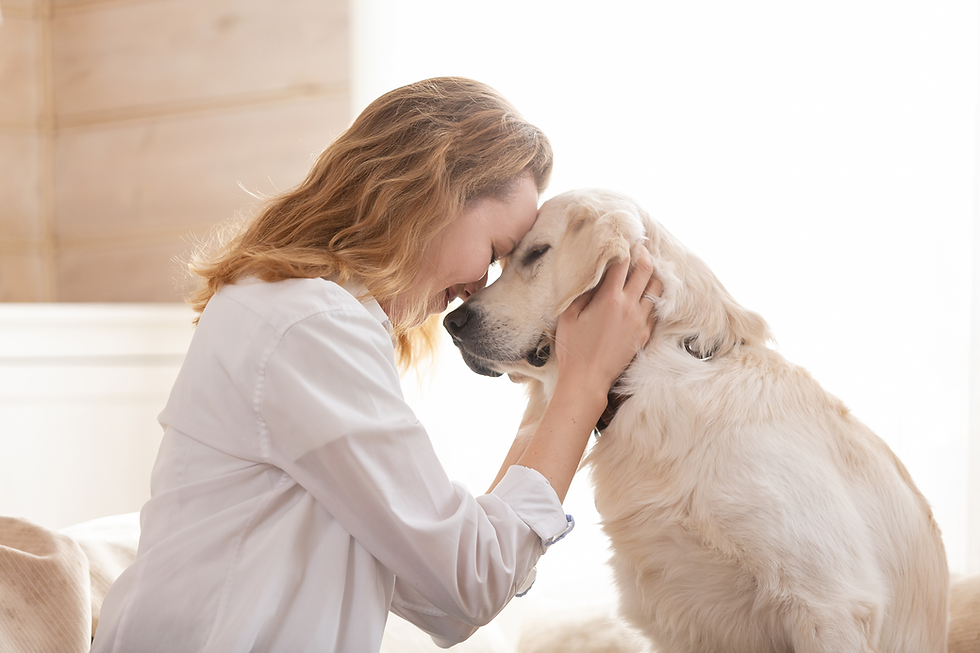Why Do Dogs Run Away? Understanding—and Preventing—This Common Behavior
- travisortiz19
- Aug 15, 2025
- 2 min read
3 min read
For most pet owners, the thought of their dog running away is terrifying. Even the most loyal and well-trained pups can slip out of a yard or dash out the front door. While it might feel personal, your dog isn’t trying to upset you—they’re simply acting on instincts, emotions, or unmet needs.
In this post, we’ll explore the most common reasons dogs run away, what you can do to prevent it, and how to keep your furry friend safe if it ever happens.

Why Dogs Run Away
Dogs may bolt for many reasons, and understanding the why is the first step toward prevention. Here are the most common causes:
1. Curiosity & Adventure - Dogs are natural explorers. New smells, sounds, or sights—like another dog walking by—can tempt them beyond the boundaries of home.
2. Fear or Anxiety - Loud noises such as fireworks, thunderstorms, or construction can spook dogs, causing them to run in search of safety.
3. Reproductive Instincts - An unneutered male may wander in search of a mate, and females in heat may do the same.
4. Boredom & Lack of Stimulation - Without enough exercise or mental engagement, dogs may roam to find entertainment.
5. Separation Distress - Some dogs run away when left alone, seeking out their owners or a more comforting environment.
How to Prevent Your Dog from Running Away
You can greatly reduce the risk by making a few strategic changes:
1. Secure Your Home & Yard - Check fences for gaps, loose boards, or low spots. Make sure gates latch securely.
🔍 Tip: For diggers, bury chicken wire along the fence line to prevent escape.
2. Provide Physical & Mental Stimulation - Daily walks, playtime, puzzle feeders, and training sessions keep your dog engaged and less likely to seek excitement elsewhere.
💡 A tired dog is a happy (and homebound) dog.
3. Spay or Neuter Your Dog - This can greatly reduce the urge to roam for a mate.
4. Address Fear Triggers - If your dog is noise-sensitive, create a safe space inside during storms or fireworks and consider anxiety wraps or vet-approved calming aids.
5. Use Leashes & Supervision Outdoors - Even in fenced areas, supervision can prevent sudden escapes through an open gate or door.
What to Do If Your Dog Runs Away
If your dog does escape, quick action is key:
Stay Calm – Dogs can sense panic and may avoid returning if you sound frantic.
Call & Use Recall Words – Use a happy, excited tone.
Search Nearby First – Most runaway dogs don’t go far initially.
Alert Neighbors & Post Online – Community groups and lost pet pages can spread the word quickly.
Microchip & ID Tags – These increase the odds of a safe return.
Advantages of Preventing Runaways
🐾 Peace of Mind – Knowing your dog is safe at home
💵 Avoid Costly Recovery Efforts – Prevents expenses like shelter fees or medical care after accidents
❤️ A Stronger Bond – A secure dog is a happier, more trusting companion




Comments